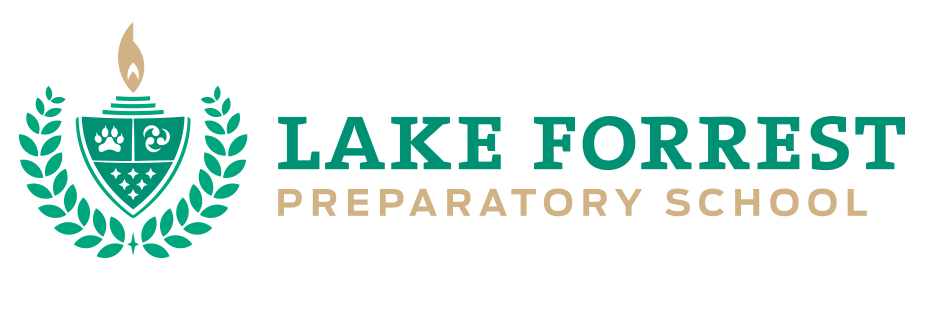What does it take to learn? In writing, authors are taught to “hook” a reader by penning a sentence so compelling the audience cannot help but continue reading. The approach to teaching is quite similar: present information that will immediately grab the students’ interest and keep them intrigued. This engagement is most often noted in Orlando private school teachers and educators who are excited about their subject and are drawn to the teaching profession because of their love of teaching. It has been noted in a recent Gallup poll that these teachers have an astounding impact on student learning, in part because their enthusiasm for their subject is matched by their enthusiasm for their students. “One of the big problems with No Child Left Behind and even [the Common Core State Standards] is that we are only focused on students’ cognitive learning,” notes Mr. Jonathan Cohen, president of the National School Climate Center headquartered in New York City. “But we all know that emotions, how we feel about a person, topic or activity … that’s going to shape how much we want to be cognitively engaged in this task.”
What impact does this brand of teaching have? Gallup’s recently released his “State of America’s Schools” study, a 20-question online survey that focused on how students view their school experiences. This survey was administered to over 600,000 students. Results indicated that students who reported they had at least one teacher who made them “feel excited about the future” and were enrolled in a school that was “committed to building the strength of each student” were thirty times more likely to answer they were “engaged” in classroom learning than their peers. Gallup’s results are extremely significant since emotional engagement is a prevalent noncognitive factor directly correlating to academic achievement. In fact, a 2009 Gallup survey reported a one-percentage-point increase on the engagement index corresponded with a six-point increase in reading scores and an eight-point increase on math scores.
The preceding two student responses prove that administrative leadership at Orlando private schools, as well as teacher engagement, stimulate student learning. “The right leadership and the engagement of teachers and students are all one very important ecosystem,” concludes Brandon H. Busteed, executive director of Gallup Education. “Any link broken in that chain, and you’re undermining the importance of an entire school.”
At Lake Forrest Preparatory School, a highly-ranked Orlando private school, our education philosophy focuses on the student. We support individualized learning goals, enriching curricula, and hire teachers who engage students from the first sentence. Share this post if you agree that engagement-stimulated student learning is the best learning option for your child.

